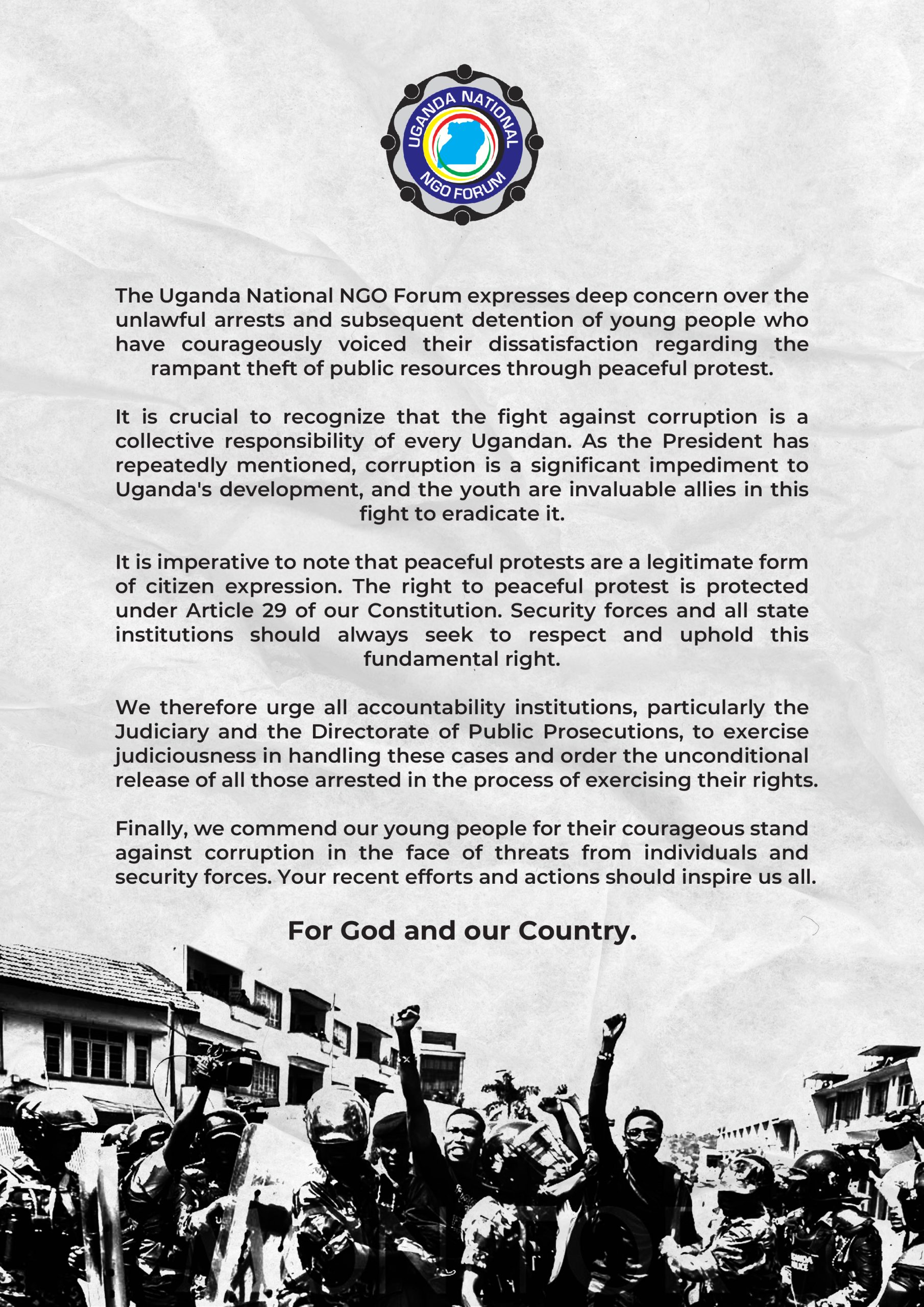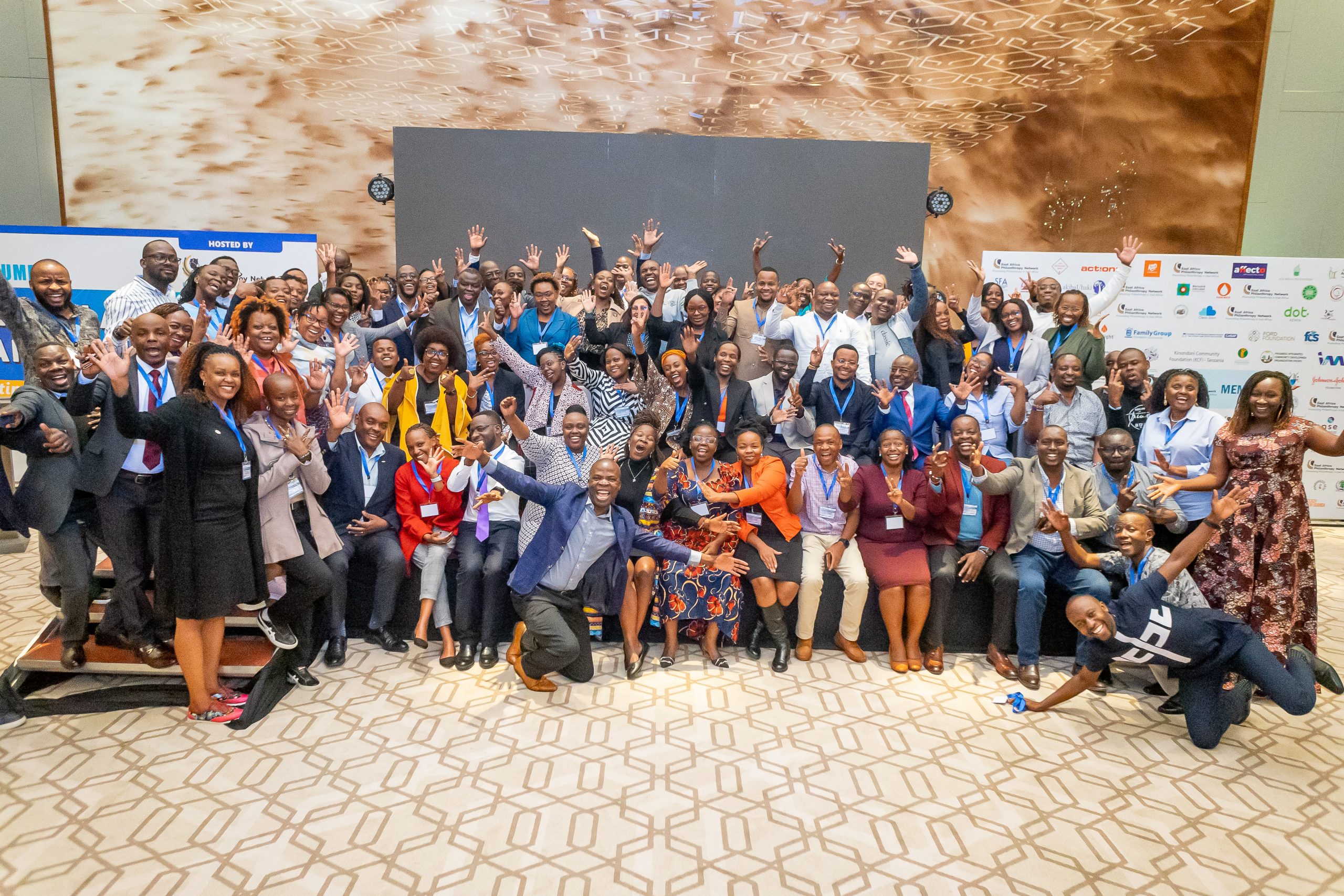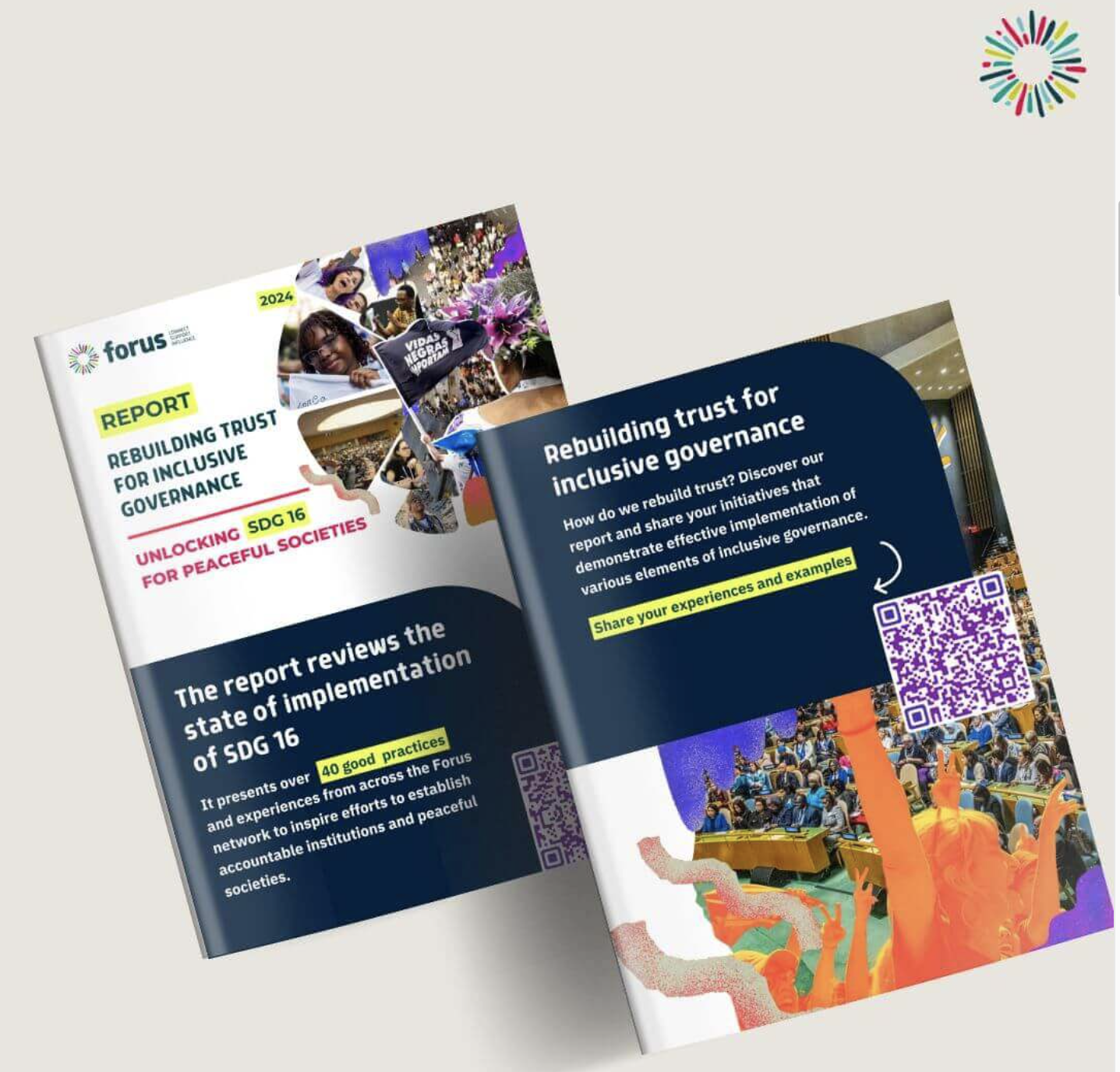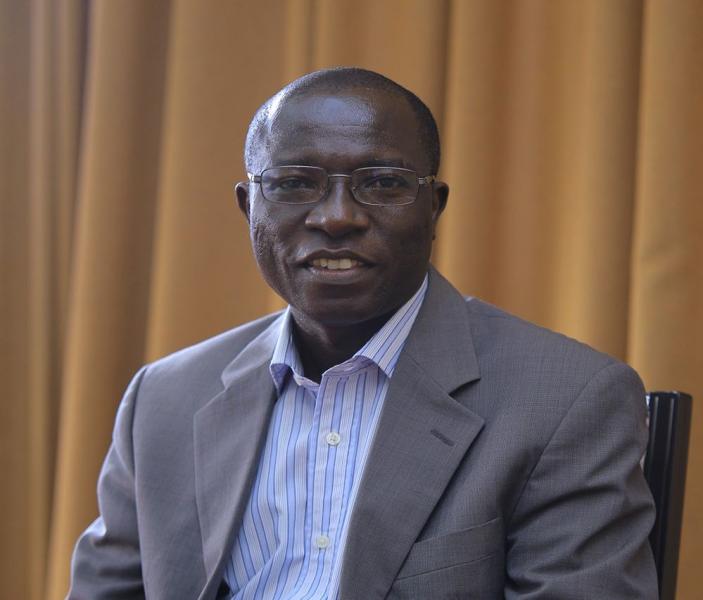
Shift or Share the Power? Dr. Isooba speaks to Vice Versa
In the run-up to the World Café of 20th January 2022, Dr Moses Isooba had a candid conversation with Vice Versa’s Emmanuel Mondeba about the Shift the Power movement and more equal power relations between Northern & Southern organisations.
What is your general overview of Shift the Power Movement?
Dr. Isooba: The conversation about challenging power or asking difficult questions not only to donors but also to international NGOs started in the Rustlers Valley in South Africa around 2017. A number of INGOs leaders like Oxfam, Action Aid, etc., started having some critical reflection on what the role of the NGO was, especially for the northern INGOs.
From the time I started being part of this conversation, a number of questions started bubbling in my mind; for example, are we using the right language? Because, language is the human basis for being, thinking and for communication. Language shapes relational engagement. Now, when we talk about shifting the power, first of all, is that the right language? Should we be talking about shifting power, like we are shifting it from the north to the south? Should we talk about sharing power? Some people will contend that power is a zero-sum game and therefore there is not enough of it to be shared. If it is shared one is losing while the other gains. It’s in our nature to accumulate power rather than lose it.
This has sparked even more conversation where people are wondering whether they should be talking about shifting power, sharing it or they should perhaps be talking about transforming it. The conversation continues and indeed it has gained currency. The challenge is that we are talking about shifting the power from the north. Ironically, the greatest number of voices talking about shifting the power are from the north. That is a bit challenging because one then wonders, are they talking about it because they feel there is an existential threat? Or, are they genuine in that we can actually sit with them at the same table and be able to challenge the dominant narratives and shape the discourse?
I have been on panels of these conversations where I am the only one from the global south. This makes me wonder whether they’re genuinely interested in shifting power, knowing very well that many of them feed off this power. Many have risen in careers and got privileged because of it. Is this just a good conversation so they feel the need to simply get involved in it? That in itself is the problem.
Talking about the issue of language and for purposes of uniformity, what do you think is the most appropriate phrase for this movement?
Dr. Isooba: I don’t think we need uniformity of language because we experience things differently in the Global North, East and South. Therefore, uniformity of language is in itself a problem.
When we have people from the north sometimes coming and fixing us in the south with demands like they want things done in a certain way. Or, they want a results matrix which has got such and such results/outcomes without necessarily taking into consideration the contextual differences, then we have a problem. I think development needs a contextual flavour. We need to understand that these words/terms mean different things in different locations.
Therefore, in the shift the power movement, one important thing that we need to agree on is that for a long time the Global South has suffered from the fact that the North treats it with the mindset of control and mistrust as opposed to the desirable mindset of trust and courtesy. We need a deliberate departure from that mindset. We also need to educate our northern counterparts that whenever they come to the south, they often come, unconsciously (hopefully), with power and privilege. Some of them know this while others don’t, but it is important they should remain firmly wedded to the subsidiarity principle; the people closest to the problem will often have the right answer. They may not be able to articulate it in English or even put it in the development jargon, but if you take the time to be with them they would be able to tell you what needs to be done. Therefore, there is need for contextual understanding.
You previously stated that majority of the proponents of the Shift the Power movement are from the Global North and these are the same people who have had the power for a long time. Could this be another move by them to actually accumulate more power and control?
Dr Isooba: I know that within the northern INGO and the donor industrial complex there are many people who are well-intentioned. But, I also know that there are those who want to concentrate and retain the power where it is.
When I get into these conversations, I want to be able to get a sense of confidence that the people I’m talking to are coming to the table genuinely. Otherwise, I don’t want a situation where my goat is stolen at night and in the morning the very thief who stole it comes to help me search for it. I just want a bit of genuineness. Yes, you’ve come to the table and you fully understand and appreciate the constraints in which the current system is constricting development. You also understand that the current system cannot take us where we want to go. You genuinely understand all the deficits of the current partnership arrangement and how they can’t deliver us. After you’ve taken all that into consideration, then we can sit on the same table.
I’m also acutely alive to the fact that it is not about the colour of the skin, but the fact that the people on the table are the right ones who are genuinely interested in deconstructing the power dynamics and are willing to let go of what they have been holding. Let us not be naïve, there are people that have fed off this system for a very long time. They have actually grown their career in the NGO industrial complex and the aid industry. They are part of the problems that we see in the architecture of aid and it is not easy for them to let go. Therefore, we know that there is going to be some push and pull hence you want the people you’re working with to be the genuine forces of change.
As the Executive Director of Uganda National NGO Forum, you’re privileged to have access to leaders of many INGOs in Uganda. From your interactions and observations, how willing and prepared are they to being part of Shift the Power movement?
Dr. Isooba: What is happening is that a wind is currently blowing irrespective of where it started from. There is a conversation that has almost emerged from the north.
People have been challenging and questioning the INGO and its relevance in the south. People have been questioning donors and whether the development aid they have been giving us is actually enabling us to develop. The INGOs in this country are fully aware of that wind that is blowing and they are willing to work on it. Right now the Country Directors Network, a network of directors of INGOs, are addressing themselves to the issue of racism at work.
More often than not, when you go to an INGO you will find that there are both local and international staff. The latter are treated in a special way, different from the former. I was actually invited to facilitate the process of ending racism at work. I informed them that if they really wanted to bring genuine change, then they needed someone who would ask them difficult, weird and challenging questions. There is a sense of willingness of the INGOs in Uganda to start addressing such issues. There is an existential threat so they either change or they will be changed. Their options are limited.
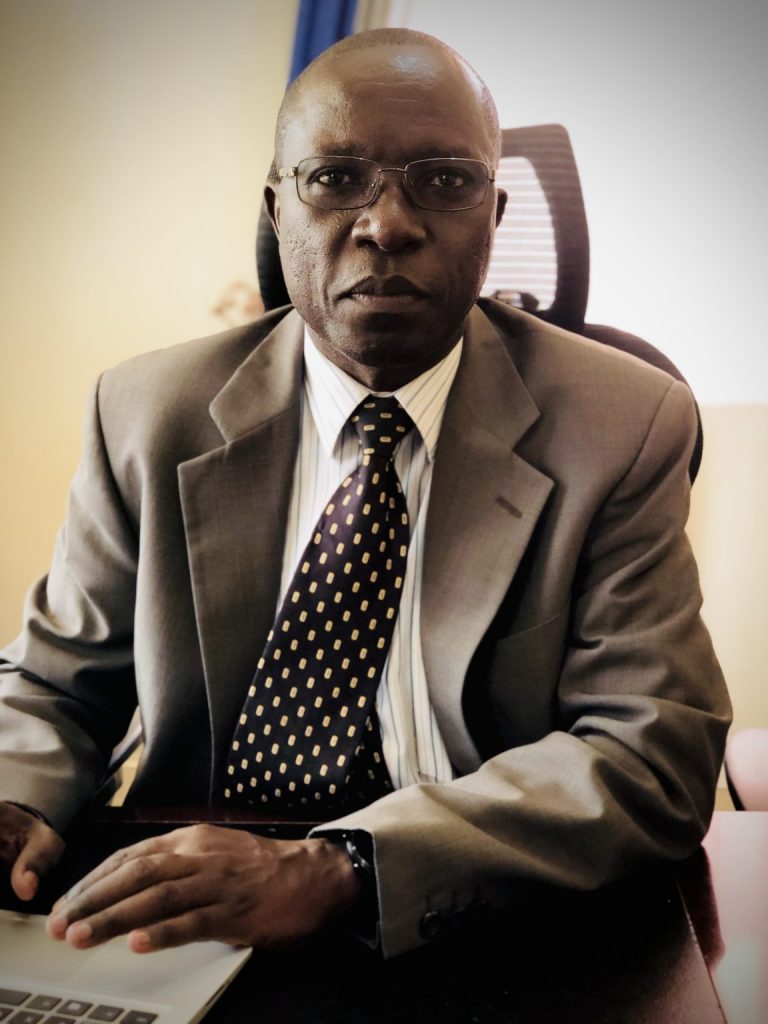
How about the national NGOs?
Dr. Isooba: They have been at the receiving end. For a long time, the Northern NGOs have been the decision-makers while the ones in the south have been decision takers.
We have been ‘invaded’ by all manners of control and mistrust. They will slap you with all manners of information requests. The national NGOs are fully aware that something needs to change and that development cannot be delivered like that and have actually started responding.
One aspect that is gaining traction is the subject of community-led philanthropy and resource mobilization because they are fully aware that development is not going to be delivered by the INGOs in their country. They are also aware that the resources in the north are getting limited due to the Covid-19 pandemic that destabilized them.
Another factor is the rise of nationalist populist leaders, the ‘cousins’ of Donald Trump scattered all over who are inward-looking, defining what development should look like. That means that less development aid will come to the South. We need to start mobilizing resources, therefore redefining what development should look like and getting a sense of ownership of development. We are tired of reporting matrices that are imposed on the Southern NGOs even when they don’t make sense.
Increasingly the national NGOs and CSO leaders are getting a civic consciousness that can actually be able to challenge the power and privilege with which our counterparts from the North bear. Therefore, we are able to start sitting with them, asking why things should be this way. This is the kind of energy we need in challenging the INGO, the donor industrial complex and the current aid architecture.
Is it possible to have a division of roles between the Northern and Southern NGOs?
Dr. Isooba: Honestly, despite the criticism directed towards the Northern INGOS, they are going to remain useful and relevant. There is a huge body of knowledge that they come with to the South. They remain critical in terms of harnessing resources from the north. They help in terms of transfer of knowledge and that is not contested.
What needs to change is how that is transferred to the south, taking a conscious and deliberate departure from the control and mistrust mindset, to that of trust and courtesy. They should be able to have discussions around certain pertinent issues like institutional overhead costs and other services. Organizations in the South have to pay for such services instead of simply expecting the Northern organizations to deliver a certain project, thereby assigning funds for only that project.
At the moment what is critical is not even division of roles since there are certain roles that the respective organizations perform better.
What bottlenecks do Southern NGOs encounter while relating with their Northern Partners? Are they forced to focus on certain topics/areas?
Dr. Isooba: I don’t think the northern partners are forcing or imposing themselves on their southern counterparts.
Of course, there are a number of challenges, sometimes subtle while others are quite noticeable. For example, when a southern organization conceptualizes an idea, this idea is sent to their northern partner. By the time the concept note is returned, it has been completely mutilated. It is unfortunate that most Southern organizations are not involved in the process of making adjustments to their original concepts. This needs to change.
A number of INGOs in the country are also grappling with the issue of racism at work. Racism at work is the elephant in the room that nobody wants to speak about yet it plays out and manifests in different ways. This is all brought about by the colonial mindset which needs to be addressed immediately.
How then can we make the southern organizations less dependent on the northern organizations?
Dr. Isooba: COVID-19 was a blessing in disguise. Restrictions on movement resulted in global south organizations receiving less visitors from the north yet the former’s development projects continued.
As the narrative of shifting power is increasingly gaining currency, the other that’s steadily gaining momentum is the idea of community-led philanthropy. This stems from the fact that Africans are givers as seen by our acts of fundraising communally for burials, community wells, marriage, etc. This same attitude can be channelled to fundraising for development.
If we are able to put in place a law that governs philanthropy, then we can actually be able to raise resources from the global south. We can be able to raise resources from individuals, including those with a high net worth not only from within the country but also regionally. The earlier we liberate ourselves from the north, the better. This is because the resources in the north are increasingly decreasing.
What are some of the anticipated practical challenges in the journey of shifting power?
Dr. Isooba: To be a prophet of hope, Shifting Power is a huge tornado that is sweeping across the north. Therefore, there is an increasing realization that there needs to be change. Right now we are having conversations with our global north partners where the terms are very favourable.
Uganda National NGO Forum has got a very good agreement with Wilde Ganzen. This agreement gives us latitude, creativity, innovation and legroom to be able to manoeuvre around and effect change without having our hands or feet tied. I think this is a result of the northern partners realizing that there is a need to let go of certain traits.
Groups like Re-imagine INGOs (RINGO) and others have been actively involved in the movement. We are hopeful that there is going to be a positive response from all stakeholders and we are soon going to be talking as equal partners. There is also going to be a deliberate departure from funding relationships to partnerships.
How achievable is the goal of shift the power movement?
Dr. Isooba: Change takes time it doesn’t happen overnight. We are talking about changing the mindsets of people who have been with this power and privilege for many years. It would therefore be too presumptuous to start putting timelines on this journey. What is important for now is that it has started and some gains have already been made.
How do we then maintain a healthy relationship between the southern and northern organization while pushing the agenda of Shift the power movement?
Dr. Isooba: Both sides need each other. Because of this, there is going to be a need for cordial respect and mutuality from either side. I, therefore, do not anticipate an adversarial relationship.
Assuming you had an opportunity of meeting a representative of the Dutch government, for example, the Minister of Foreign Affairs and International Cooperation, what advice would you give him?
Also, how can the Dutch government support Shift the Power Movement?
Dr. Isooba: I would begin by expressing my sincere sympathies to him because I feel that at times they seem to be working under very difficult conditions. You will find that the Minister is a very good and well-intentioned person but he is working in a bureaucratic system.
Many people understand that bureaucracy is the scaffolding on which we implement many great and innovative ideas. But once the idea has been implemented, remove it. Unfortunately, most times the bureaucracy won’t permit [the] removal of the scaffolding.
There needs to be proper cooperation and coordination so that the minister or the Dutch government is able to fully understand and appreciate what development ought to look like. That, together we can define the trajectory of development and also be able to agree on the results and outcomes of the different project funds.
What are the next steps in Shift the Power Movement?
Dr. Isooba: Right now, the language and conversation around the movement seems to be an elitist one. The most important people that are not involved in these conversations is where development actually takes place, that is, the people at the grassroots level.
Therefore, we need to find out how we can harness those voices. We can be academic about shifting the power but the people that are on the discussion table need to come with the knowledge that they have accumulated from the grassroots. We need to move from the ink on the paper to the actual implementation.
This interview was initially published by Vice Versa Online and has also appeared in The Voice Magazine (Vol. 22)
CLICK HERE to watch the highlights of the Shift The Power at work World Cafe

